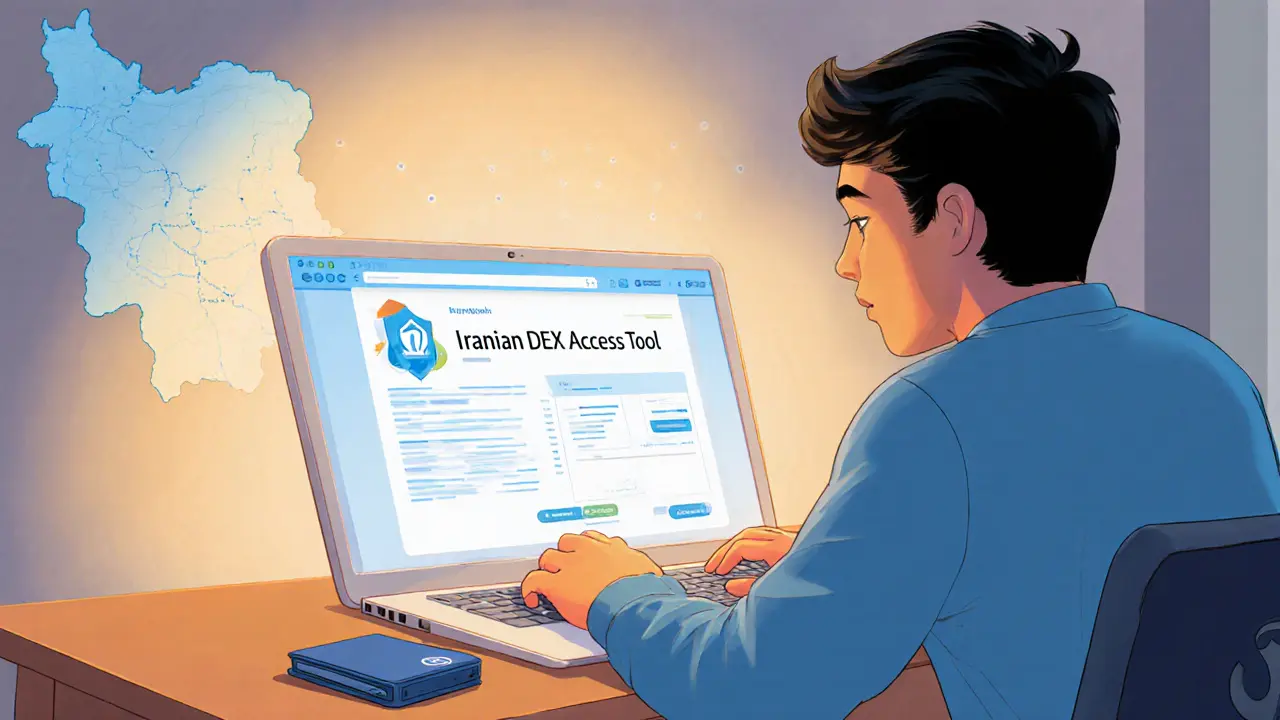When dealing with Iran crypto sanctions, government‑imposed restrictions that block Iranian individuals and entities from accessing or transacting with digital assets. Also known as Iranian crypto restrictions, it targets wallets, exchanges, and decentralized services to curb illicit financing and enforce foreign policy goals.
Sanctions, legal tools used by governments to limit economic activity are the backbone of this regime. The cryptocurrency, a digital medium of exchange built on blockchain technology itself isn’t illegal, but every on‑ramp – exchanges, wallets, and DeFi protocols – must screen users against sanction lists. The US Treasury Office of Foreign Assets Control (OFAC), the U.S. agency that publishes and enforces sanction programs publishes the Iranian “Specially Designated Nationals” list, and failing to block listed addresses can trigger hefty fines. Meanwhile, decentralized finance (DeFi), permission‑less financial services running on smart contracts faces a paradox: its code can’t be shut down, but front‑end interfaces and aggregators often add compliance layers to stay safe. In practice, Iran crypto sanctions require exchanges to freeze Iranian accounts, token issuers to vet participants, and DeFi apps to block wallet addresses linked to sanctioned entities.
What does this mean for everyday users and businesses? First, any crypto wallet that originated in Iran will likely be blacklisted on major platforms, meaning transfers to or from that wallet could be rejected or delayed. Second, cross‑border crypto payments that route through compliant exchanges become more expensive as they add AML/KYC checks. Third, DeFi projects that rely on open APIs may choose to disable Iranian IP ranges to avoid accidental breaches. For firms eyeing the Iranian market, the rule‑book is clear: perform thorough OFAC screening, maintain an audit trail of all checks, and stay ready to adapt as policy shifts. The landscape is fluid, but understanding the core entities—sanctions, cryptocurrency, OFAC, and DeFi—helps you anticipate changes and protect your assets.
Below you’ll find a curated set of articles that break down each piece of this puzzle. From detailed reviews of how exchanges handle sanction compliance to deep dives on DeFi workarounds and the legal backdrop in Iran, the collection gives you actionable insight and real‑world examples you can use right now.

A 2025 guide showing Iranian citizens how to access decentralized exchanges, covering regulations, VPN tricks, best DEX choices, risks, and practical tips.